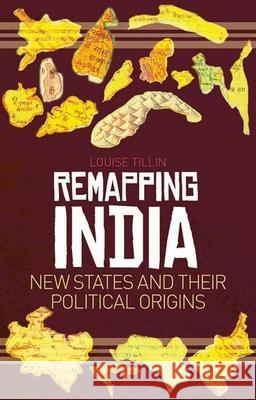Remapping India: New States and Their Political Origins » książka
Remapping India: New States and Their Political Origins
ISBN-13: 9780199336036 / Angielski / Twarda / 2013 / 268 str.
There is a widespread consensus today that the constitutional flexibility to alter boundaries has bolstered the stability of India's democracy, and reduced the potential for conflicts around language. Debates continue about the potential to create more states in response to the demands of marginalised ethnic communities, disgruntled farmers, opportunistic politicians, regional industrialists and others who seek--in different ways--to reshape political and economic arenas. Remapping India looks at the most recent episode of state creation in 2000, when the states of Chhattisgarh, Jharkhand and Uttarakhand came into being in some of the poorest, yet resource-rich, regions of Hindi-speaking north and central India. Their creation represented a new turn in the history of territorial organisation in India. This book explains the politics that lay behind this episode of post-linguistic state reorganisation, and what it means for the future design of India's federal system.











